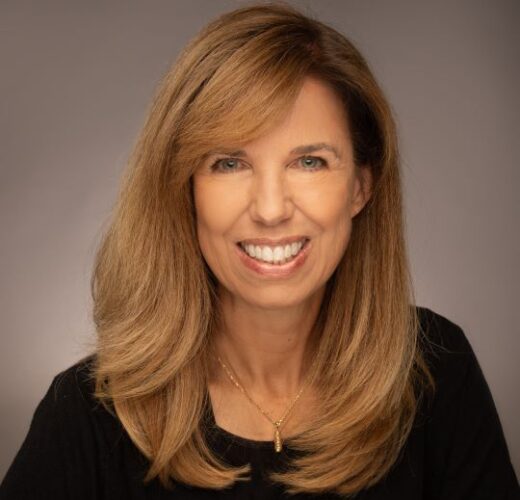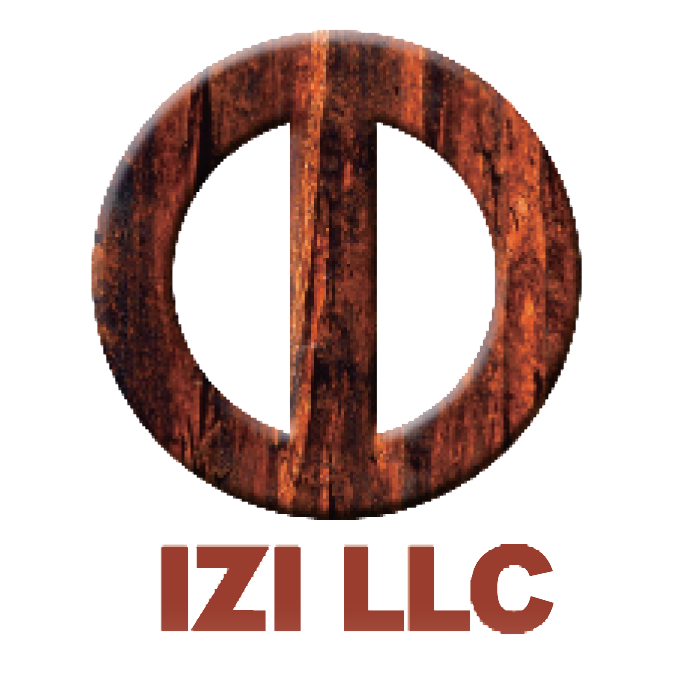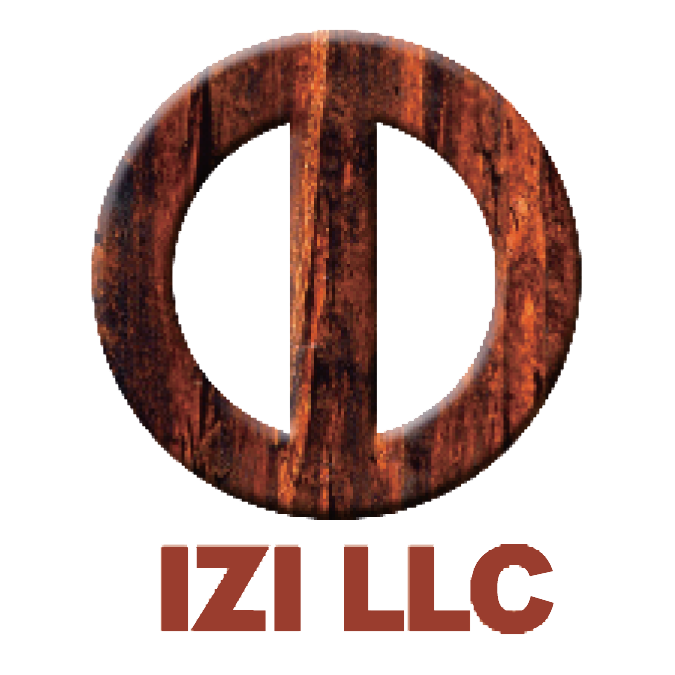What Matters More Than Finding the Right Answer
We are not sitting on a rock all day, cleaning as if we were monks in training. We do our cleaning before leaving the house, so we can enter daily life in a balanced state. Still, emotions can arise along the way—and that, I believe, is part of being human.
Many people assume that if you meditate, you’ll always be calm with your children. But the reality is different. As parents, we sometimes feel irritated or even speak harshly to our children. When that happens, I try to honestly say, “I’m sorry. I love you.”
Since my children were little, I’ve often told them, “Even moms make mistakes.”
In those moments, I simply acknowledge that an emotion is active within me, clean with it, let it go—and if I can’t let it go, I clean with it again. For me, that is the most practical thing I can do as a parent through cleaning.
At night, I reflect on the day and ask myself, “Was I a good parent today?” When thoughts of regret or expectations about how I should be as a parent arise, I clean with them and regain balance. When I’m back in a state of inner balance, the right words and actions for my children come out naturally, beyond my conscious intention.
For example, children often say or do things that go too far. In my case, I was raising children three years apart, and sibling fights were a daily occurrence. As a parent, I’d try to correct their behavior, sometimes even scolding them. And even if it seems like the right response in the moment, I’ve come to realize that much of it may be a reaction based on past memories.
That doesn’t mean we do nothing as parents. We act in ways we believe are right at the time. But that’s exactly why it’s important to notice what’s happening inside us and clean with it. When children fight, we may wonder, “Why can’t they get along?” But that too may be a reflection of something within us.
We tend to think we must respond correctly. But what’s truly needed is to ask ourselves whether we are balanced in this very moment. When we clean, the words and actions that follow are what our children truly need.
So when we practice Ho’oponopono, it’s not about becoming a good parent, raising a certain kind of child, or improving our parent-child relationship. What matters most—what’s truly effective in real life—is to work on ourselves, not our children, through every experience we share with them, including our mistakes, irritation, and fears. In that process, not only we, but also our children, can return to their original, perfect, and healthy balance.
Peace,
Christine Leimakamae Chu



